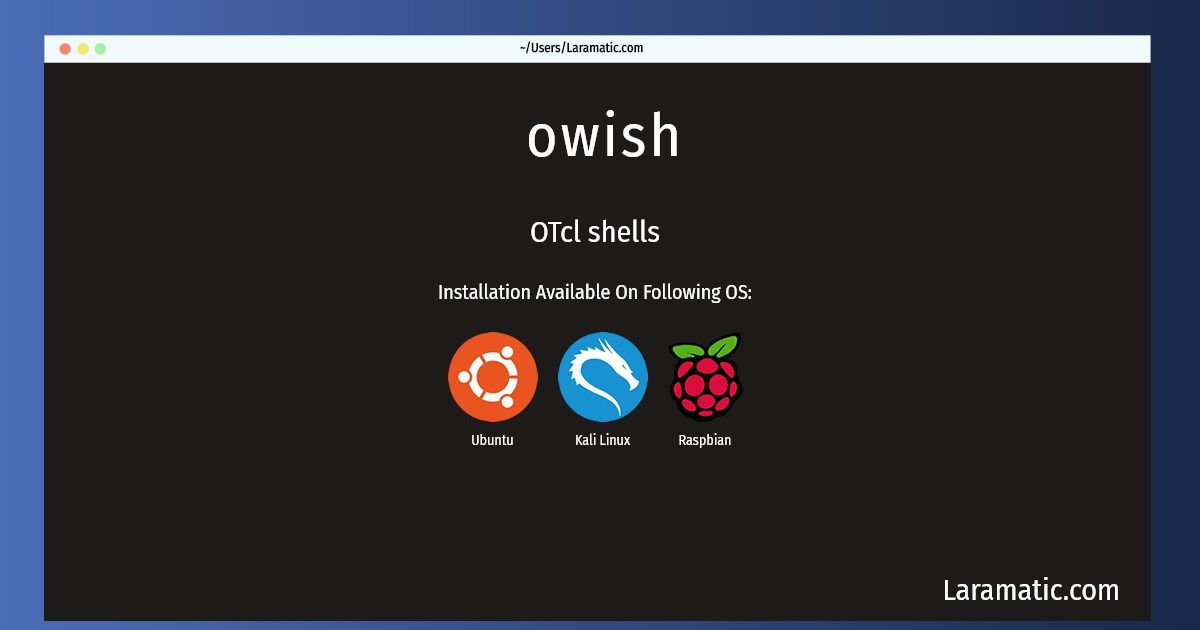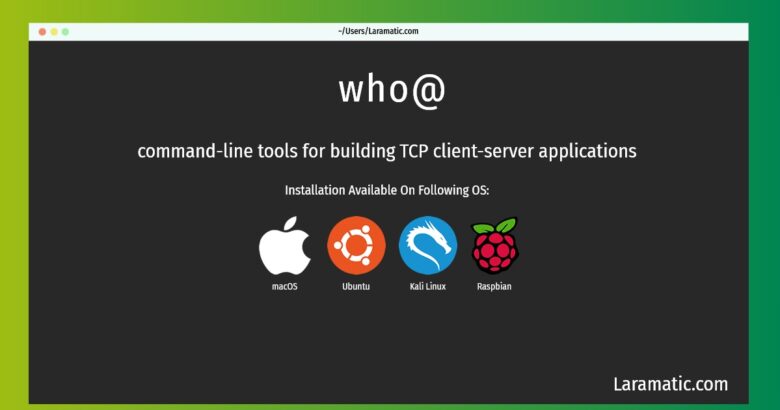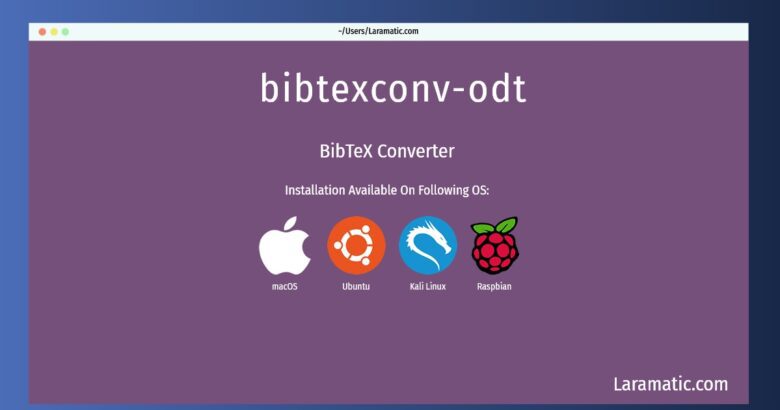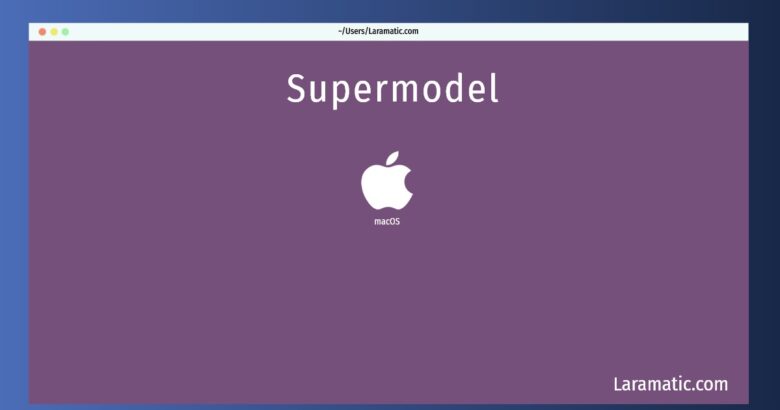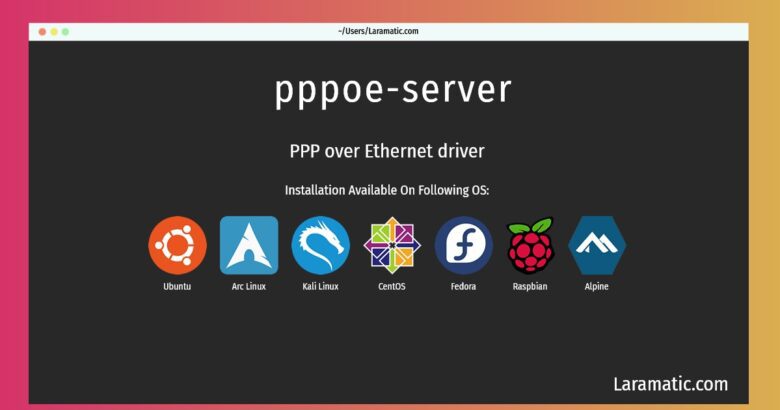How To Install Owish?
Install owish
-
Debian
apt-get install otcl-shellsClick to copy -
Ubuntu
apt-get install otcl-shellsClick to copy -
Kali Linux
apt-get install otcl-shellsClick to copy -
Raspbian
apt-get install otcl-shellsClick to copy
otcl-shells
OTcl shellsOTcl, short for MIT Object Tcl, is an extension to Tcl/Tk for object-oriented programming. It shouldn't be confused with the IXI Object Tcl extension by Dean Sheenan. (Sorry, but both of them like the name and have been using it for a while.) Some of OTcl's features as compared to alternatives are: designed to be dynamically extensible, like Tcl, from the ground up builds on Tcl syntax and concepts rather than importing another language compact yet powerful object programming system fairly portable implementation (2000 lines of C, without core hacks) OTcl was created by David Wetherall as part of the VUsystem project at MIT. Since 1997, OTcl has been maintained as part of the Mash and VINT/ns efforts (with David's blessing). This package contains two bin files.
otcl-dbg
debug symbol of OTcl (libotcl1 and otcl-shells)OTcl, short for MIT Object Tcl, is an extension to Tcl/Tk for object-oriented programming. It shouldn't be confused with the IXI Object Tcl extension by Dean Sheenan. (Sorry, but both of them like the name and have been using it for a while.) Some of OTcl's features as compared to alternatives are: designed to be dynamically extensible, like Tcl, from the ground up builds on Tcl syntax and concepts rather than importing another language compact yet powerful object programming system fairly portable implementation (2000 lines of C, without core hacks) OTcl was created by David Wetherall as part of the VUsystem project at MIT. Since 1997, OTcl has been maintained as part of the Mash and VINT/ns efforts (with David's blessing). This package contains debug symbol of OTcl (for libotcl1 and otcl-shells).

